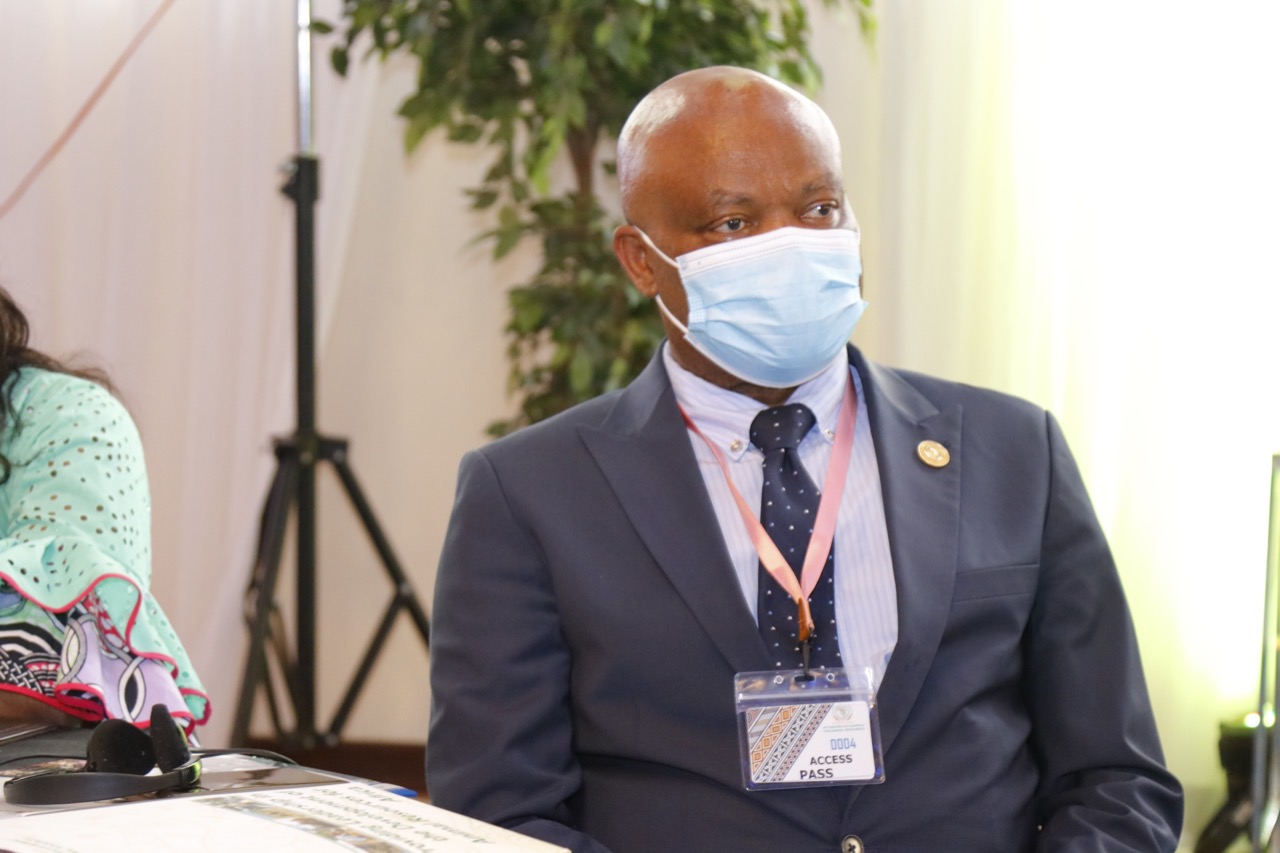Limited funds hampering efforts to eradicate livestock diseases in Africa
Posted by JUDITH DORA AKOLO on 17 March 2022 12:30 PM CAT

The African Union – InterAfrica Bureau for Animal Resources (AU-IBAR) says limited resources are slowing down the implementation of an effectively coordinated PPR eradication Programme throughout Africa.
The AU-IBAR Acting Director Dr. Nick Nwankpa says despite the progress made in the implementation of the 1st Phase of the Programme, “the currently available resources are limited and do not allow for the implementation of an effectively coordinated PPR eradication Programme throughout Africa,” said Dr. Nwankpa during the first day of the two day commemoration of the 70th Anniversary of the existence of AU-IBAR as a specialized institution of the African Union Commission.
He notes that the situation is further complicated by the lack of funds for PPR (Pestes de Petit Ruminants) eradication activities in most Member States and for regional coordination by the Regional Economic Communities (RECs). “This has been exacerbated by the COVID-19 pandemic and therefore there is a scarcity of funds from member states to support the implementation of the Pan-African programme,” he added.
The Acting Director further called on the African Union member states to follow through on what was agreed at the Fourth Ordinary Session of the Specialized Technical Committee (STC) on Agriculture, Rural Development, Water and Environment for renewed commitment for enhanced progress towards control and eradication of PPR by 2030.
Dr. Nwankpa said that the Specialized Technical Committee urged African Union member states to include PPR control and eradication “as a priority in their National Agriculture Investment Plans (NAIPs) and in key negotiations with development partners in order to ensure adequate budgetary allocations and disbursements for the effective and timely implementation of the PPR National Strategies.”
As the 70 years old organization marks its anniversary, the Acting Director said that just as the successful eradication of Rinderpest, “the eradication of PPR will be a key step towards the realization of our vision for an Africa in which animal resources contribute significantly to the integration, prosperity and peace of the African Community.”
Speaking when he officially launched the 2nd Phase of the Pan-Africa Programme for the eradication of Pestes de Petit Ruminants for the period 2022-2026, Dr. Nwankpa said that AU-IBAR is expected to enhance pan-African coordination, networking and partnerships in Animal Resources development and to provide support to Member States, in terms of technical resources and tools, for an effective implementation of their policies and strategies.
PPR livestock disease is a trans-boundary animal disease and currently endemic in nearly the whole of Africa. This disease was first reported in 1871, but was scientifically recognized in a case which was reported in Cote d’Ivoire in 1942. Since then, it has rapidly spread to the rest of Africa, Eastern Europe, Middle East and Asia, where it continues to cause the devastation of sheep and goats. Its control and eradication require a phased, risk-based approach with well-coordinated and harmonised activities across all regions.
The disease is characterized by rapid spread among small ruminants, and high death rates in the affected animals, plus high economic impacts in areas of Africa where small ruminants contribute to guaranteeing livelihoods.
PPR is considered one of the main constraints in augmenting the productivity of small ruminants in developing countries and particularly severely affects poor farmer’s economy.
